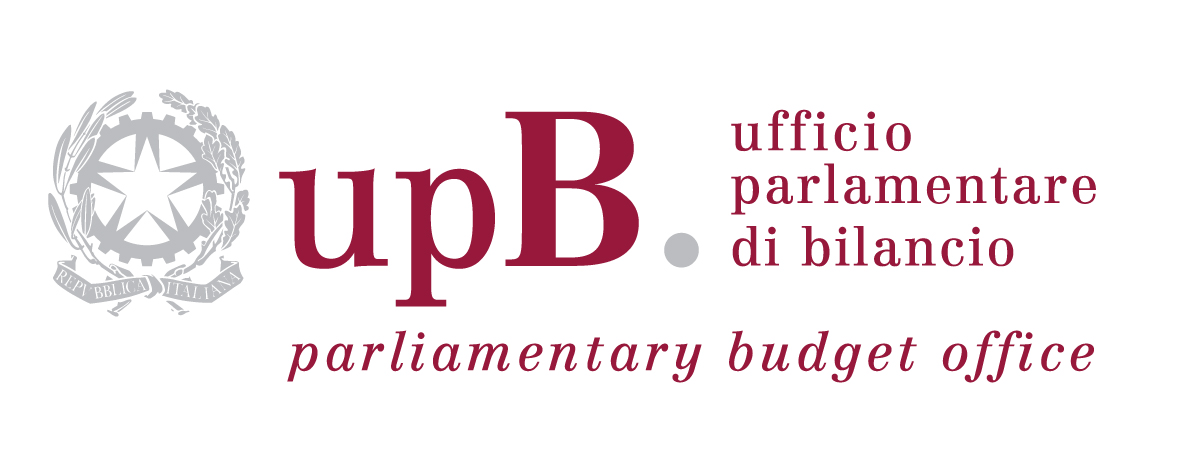The Parliamentary Budget Office (PBO) has published a Focus Paper (in Italian) that highlights the main features and issues associated with gender budgeting in the light of the use of this instrument at the national level, as recently revived with the reform of the structure of the State budget.
Despite progress in recent years, Italy remains a country with large gender gaps: low female participation in the labour market, a lower employment rate, horizontal and vertical segmentation, under-representation in top positions with listed companies and local governments.
A systematic ex ante and ex post assessment of public policies from a gender perspective could provide support for actions to narrow the gender gap. Gender budgeting is recognized internationally as an effective tool to guide public policies in this direction.
The Focus provides a brief description of what is meant by gender budgeting, stressing that it is not, as is often mistakenly considered, a new form of reporting over and above existing systems, but is above all an impact analysis of public policies from a gender perspective.
The analysis focuses on the Italian experience, especially at the local level, discussing the main recent legislation and the prevalent characteristics and models of gender budgeting as attempted in Italy. The review reveals a fragmented and discontinuous context, in which gender budgeting is, in many cases, little more than a context analysis. Coordination among administrative entities is only sporadic and the individual gender analyses are only rarely merged into a broader project involving the public administration as a whole, as generally valid common guidelines have yet to be implemented.
The PBO Focus finds that the quantification of the impact of policy interventions addressing the gender gap and other relevant forms of inequality would be more effective if carried out within the context of a comprehensive and systematic ex ante and ex post evaluation of public policies as part of performance-oriented budgeting. In order to ensure that gender budgeting does not become a mere accounting exercise, analysis should mainly be focused on those areas where gender disparities are the greatest, with the development of specific outcome indicators that can also inform public policy-making. It would also be advisable to coordinate experimentation with gender budgeting with other ongoing initiatives dealing with gender equality, especially as regards the application of indicators of well-being (fair and sustainable well-being) and the implementation of the 2030 Agenda for Sustainable Development.
The implementation of gender budgeting nevertheless requires access to timely, high-quality data that are harmonized at the national level and are consistent with supranational data in order to identify the main areas of intervention and monitor progress.
